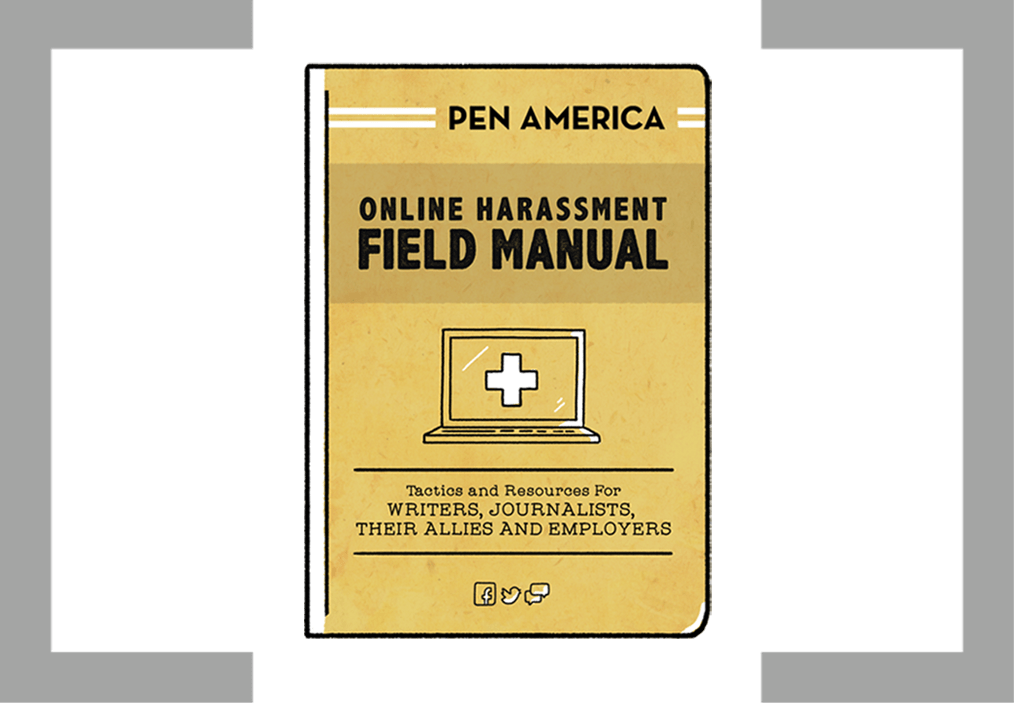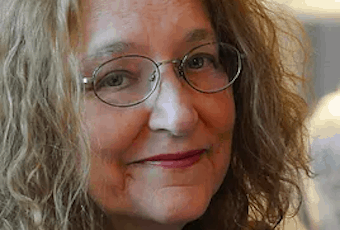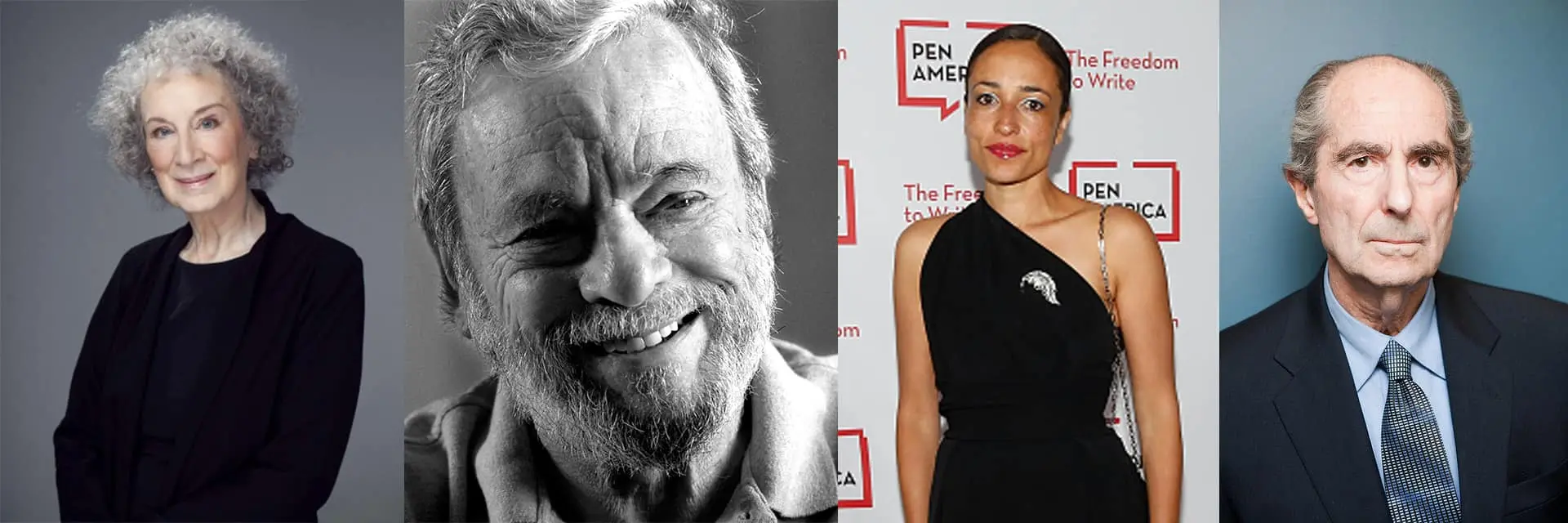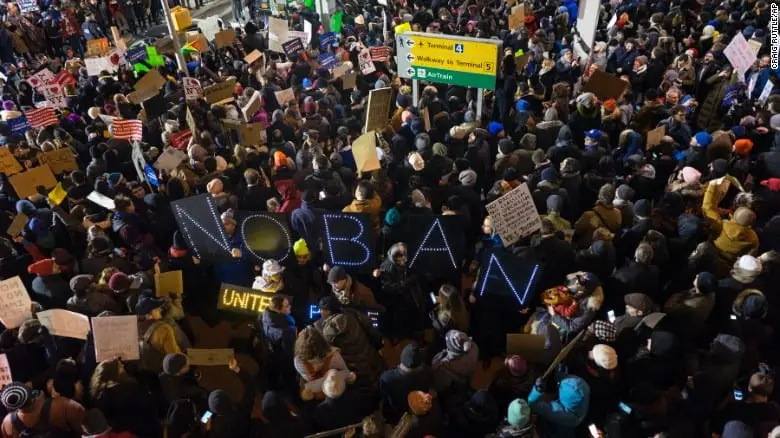Over the past several months, women have come forward with allegations of abuse, harassment, and intimidation they’ve witnessed and experienced at the hands of powerful men, spurred largely by the popular #MeToo movement. Many have done so with the knowledge that they will face public scrutiny. Some are even being sued for libel by the men they’ve accused of misconduct. But of the women Time magazine has termed “The Silence Breakers,” one group in particular faces a perilous legal quagmire for sharing their stories. These women, in choosing to challenge or violate legal agreements known as nondisclosure agreements (NDAs), are exposing themselves to potentially severe legal consequences, and bringing to light a tool that has been used for decades to prevent many survivors of sexual harassment and assault from talking about their experiences. As a result, free expression advocates, legal experts, human resources departments, and others are questioning the validity of legal contracts intended to prevent women from speaking up and speaking out.
NDAs—contractual provisions in which involved parties can face a lawsuit or steep financial penalty for revealing information covered by the agreement—are generally permissible under the First Amendment, and are frequently used by businesses to share confidential information with outside parties. But NDAs have also long been used to settle sexual harassment cases, offering accused parties and complicit institutions a way to protect their reputations by securing the silence of the accusers, who, more often than not, are women who command less power and influence. While NDAs can offer victims of sexual misconduct a confidential way to seek financial reparations from their abusers, they also prevent crucial information about abusers from being shared publicly, making other potential victims vulnerable to sexual harassment or assault. As Professor Annie Hill of the University of Minnesota has written: “NDAs . . . disable victims from talking about experiences that impacted their professional lives and enable harassers to hide information pertinent to their professional reputations. Contrary to NDAs that permit parties to do business together or protect proprietary rights, NDAs that hide harassment withhold crucial information from the profession and the public.”
According to the ACLU, the power of NDAs lies in their ability to pressure victims of sexual harassment into silence. “Many women fear legal liability if they violate the terms of their agreements,” states the ACLU’s Emma J. Roth. In some scenarios, courts have the power to void an NDA if they determine that doing so serves the public’s interest, but this is not commonly done for NDAs related to sexual harassment or assault cases.
Yet one of the many stunning outcomes of #MeToo is the number of women choosing to violate NDAs in spite of these risks. Zelda Perkins, a former assistant to Harvey Weinstein, was the first woman to violate the intricate system of NDAs that Weinstein used to keep victims of and witnesses to his alleged sexual harassment silent. In October 2017, Perkins violated an NDA she’d signed 19 years earlier in an article published by the Financial Times, where she discussed numerous episodes of sexual misconduct allegedly perpetrated by her former employer. “I want to publicly break my nondisclosure agreement,” Perkins told the Times reporter. “Unless somebody does this, there won’t be a debate about how egregious these agreements are and the amount of duress that victims are put under.” On March 28, Perkins willingly violated the NDA again, testifying before British Parliament about the legal pressures that forced her to avoid discussing a female coworker’s alleged rape by Weinstein—Perkins’s reason for eventually leaving Weinstein’s employ. As Perkins told British MPs, the experience “was humiliating and degrading, ” and she was made to feel that she “was in the wrong for trying to expose his behavior. ” In choosing to speak out and expose herself to legal liability, Perkins has set a historical precedent that many women have since followed.
Olympic gold medalist McKayla Maroney is another example of a woman who, in choosing to violate an NDA, has highlighted the ways in which such agreements can be used as a tool for silencing women. In 2016, Maroney was allegedly forced to sign an NDA as part of a $1.25 million settlement agreement with USA Gymnastics (USAG), which prevented her from speaking out about the abuse she’d faced at the hands of the now-imprisoned USA team doctor, Larry Nassar. The terms of the agreement stated that Maroney would face a $100,000 fine for speaking out about her abuse. In October 2017, Maroney decided to speak out anyway, tweeting about her abuse on Twitter. Though USAG issued a statement claiming it would not require Maroney to pay the $100,000 fine and encouraging “Maroney and anyone who has been abused to speak out,” Maroney’s lawyer fired back, arguing that his client still wasn’t free to share her story. “Under the agreement terms,” he said in a statement, Maroney “could not speak in court unless subpoenaed. She could not even have her statement read without fear of a lawsuit against her by USAG.” While the consequences for breaking an NDA are explicit, the consequences for maintaining silence are more complex. One of the most concerning outcomes of using NDAs in cases of sexual harassment or assault is that victims are prevented from warning other potential victims in an abuser’s orbit. When victims of sexual harassment can neither warn others of possible abuse nor be warned themselves, serial abusers like Larry Nasser can potentially continue harming others with impunity. Such is the dilemma facing women bound by NDAs: remain silent, per the terms of their contract, or share their stories and possibly prevent others from being subjected to the same traumas, even if it means being exposed to serious liability.
Many women facing this dilemma have found themselves embroiled in legal battles to invalidate their NDAs so they can speak freely, without fear of legal consequences. Former Trump campaign staffer Jessica Denson is suing to void an NDA she signed while working for the campaign, which prohibits her from revealing confidential information about Trump and his family. She is the third woman to attempt to invalidate such a contract in connection with the president. Yet in suing for her right to speak openly about her time on the campaign trail, Denson has been told she already stands in violation of her NDA: She alleges that she was consistently sexually and verbally harassed by her superiors while working for the campaign and claims that the Trump campaign has told her she owes $1.5 million for violating the agreement. Like Perkins and Maroney, Denson could face steep consequences for speaking publicly about her experiences.
What’s remarkable about Perkins, Maroney, Denson, and others like them is not just the fact that their NDAs exist in the first place—it’s the fact that these women are setting a historical precedent by speaking out. With the rise of #MeToo, breaching an NDA is now seen in many quarters as a brave and honorable act: By violating their legal agreements and putting themselves at risk legally, financially, and professionally, victims of sexual misconduct are taking a complicated but revolutionary step toward confronting abuses of power.
Women who speak out about sexual harassment and assault have long faced attempts to discredit or dismiss them. Today, it seems, that’s changing. Women are speaking out and challenging the legal norms that have long coerced them into silence, suggesting that we need a widespread reconsideration of when and how NDAs may be used in sexual harassment and assault cases.












